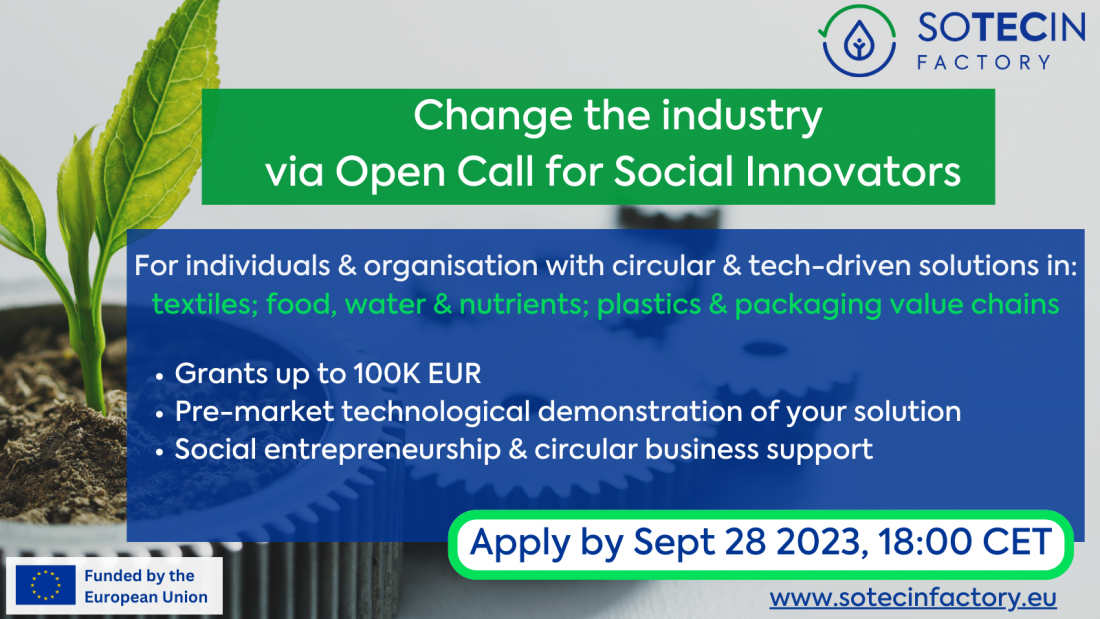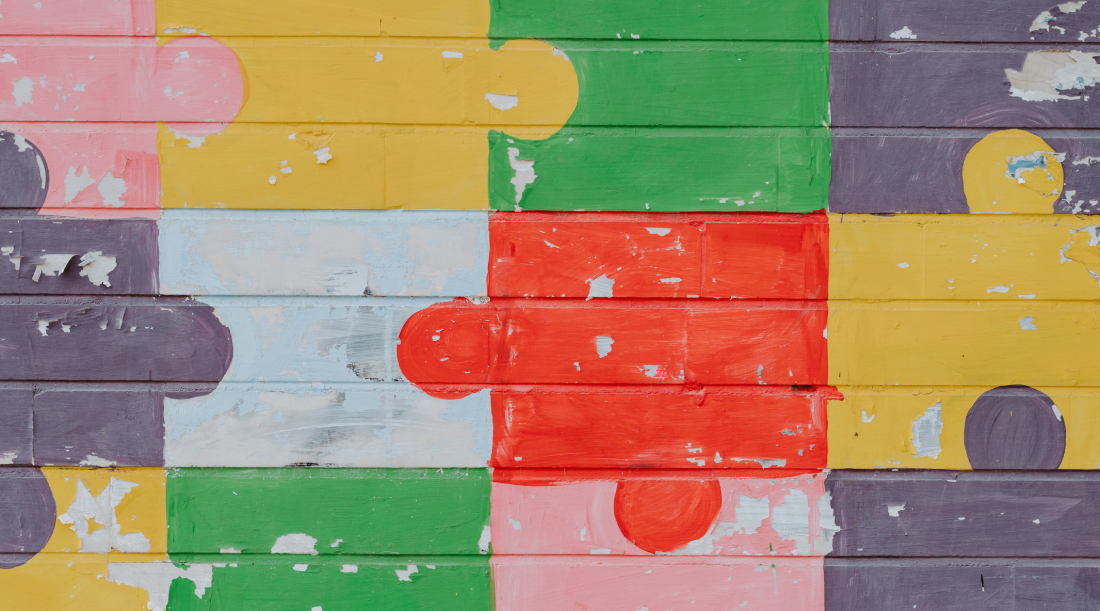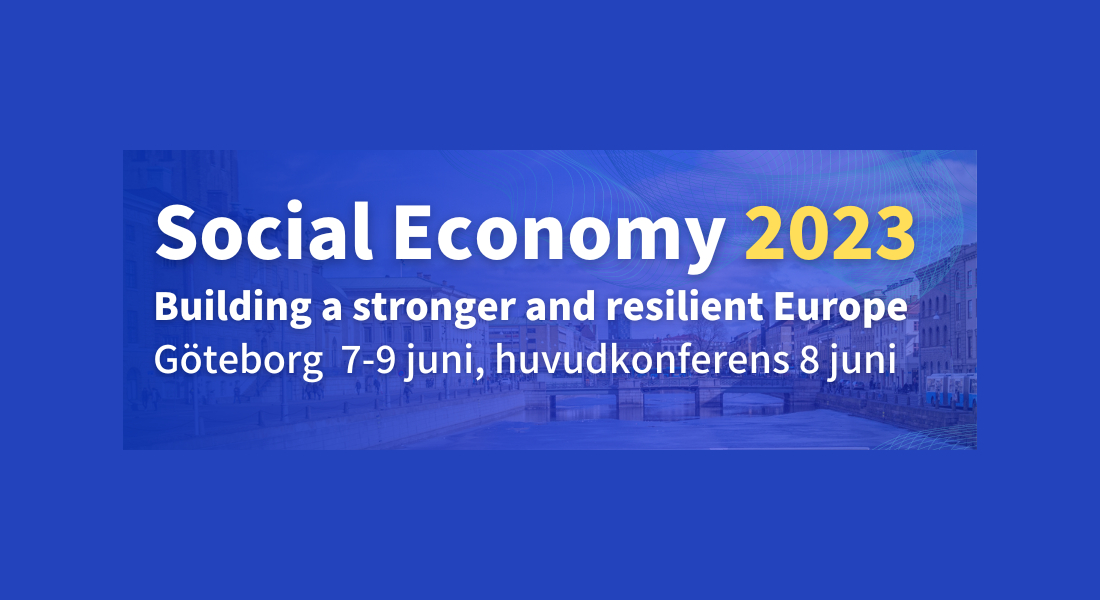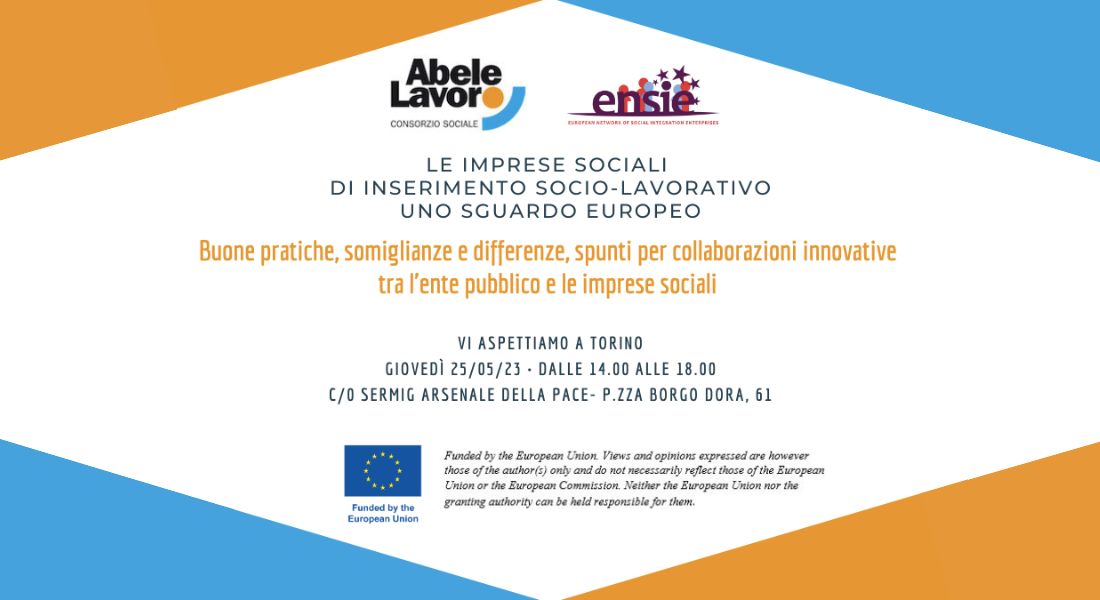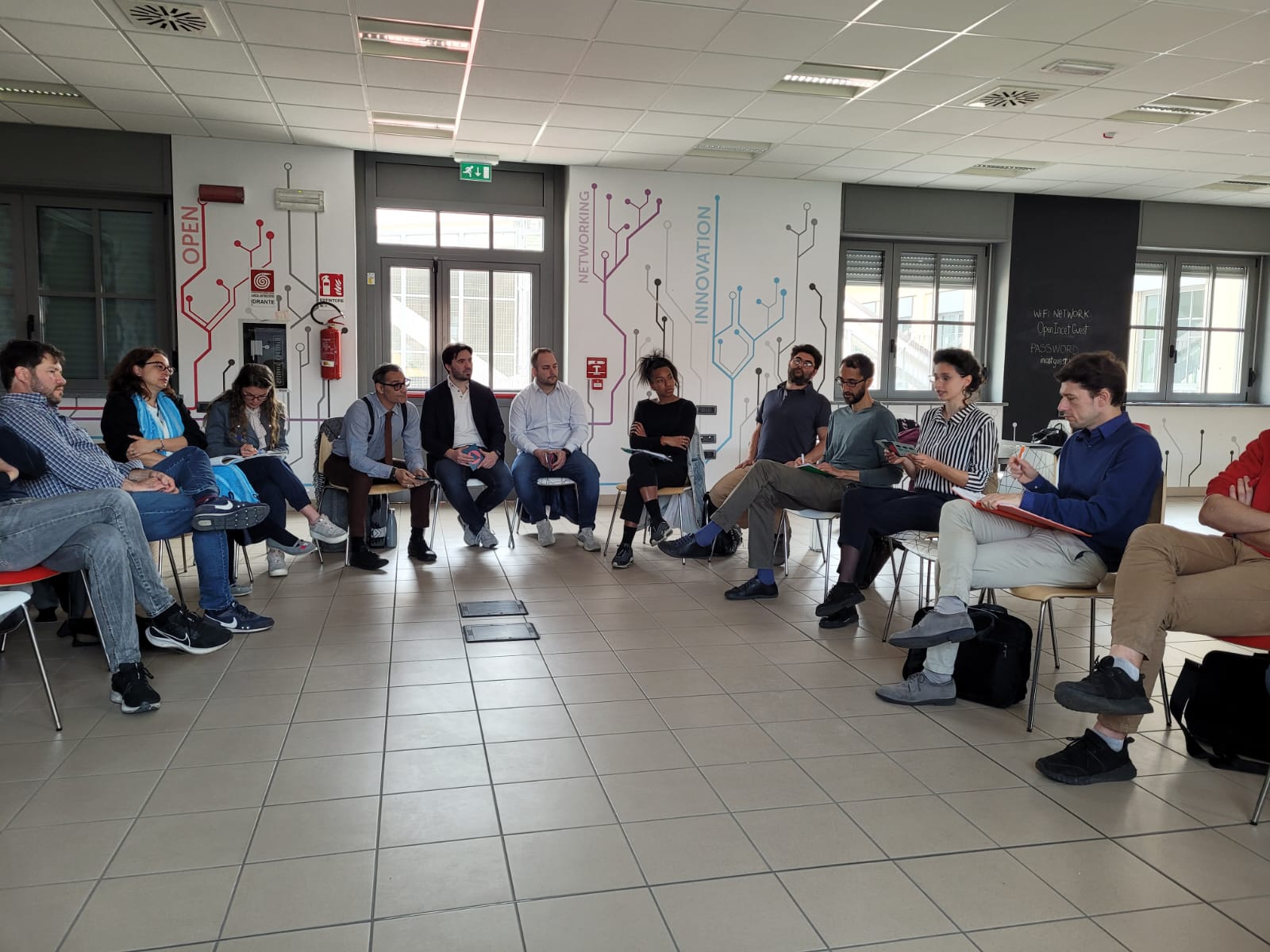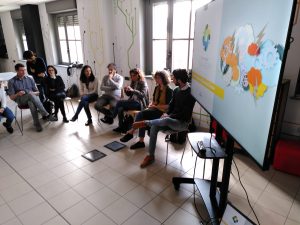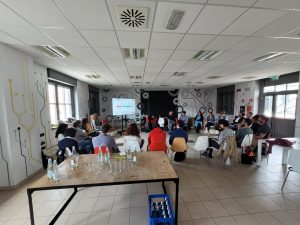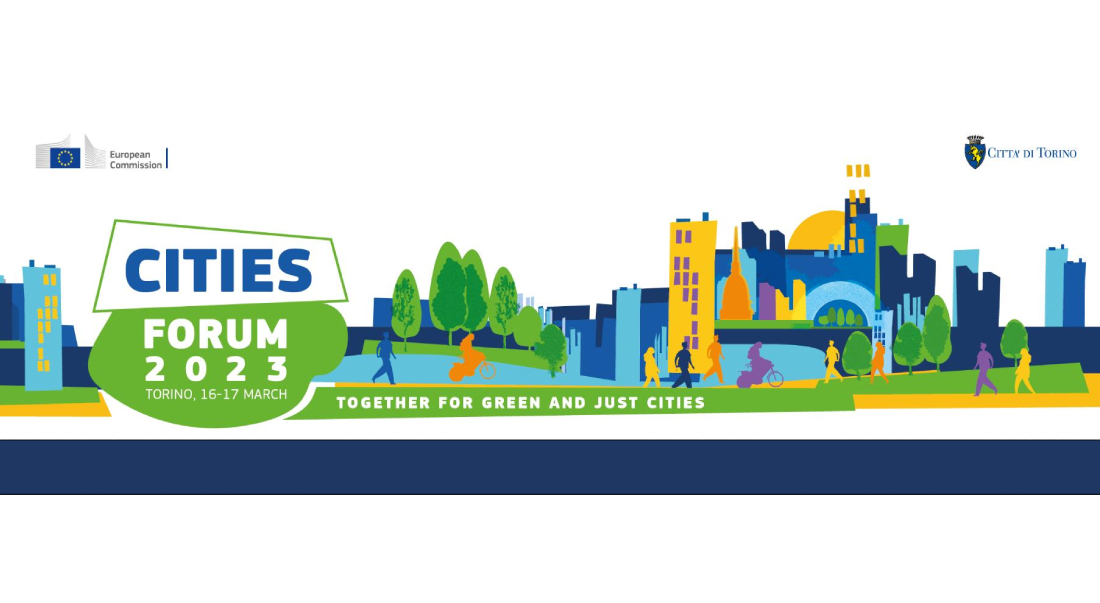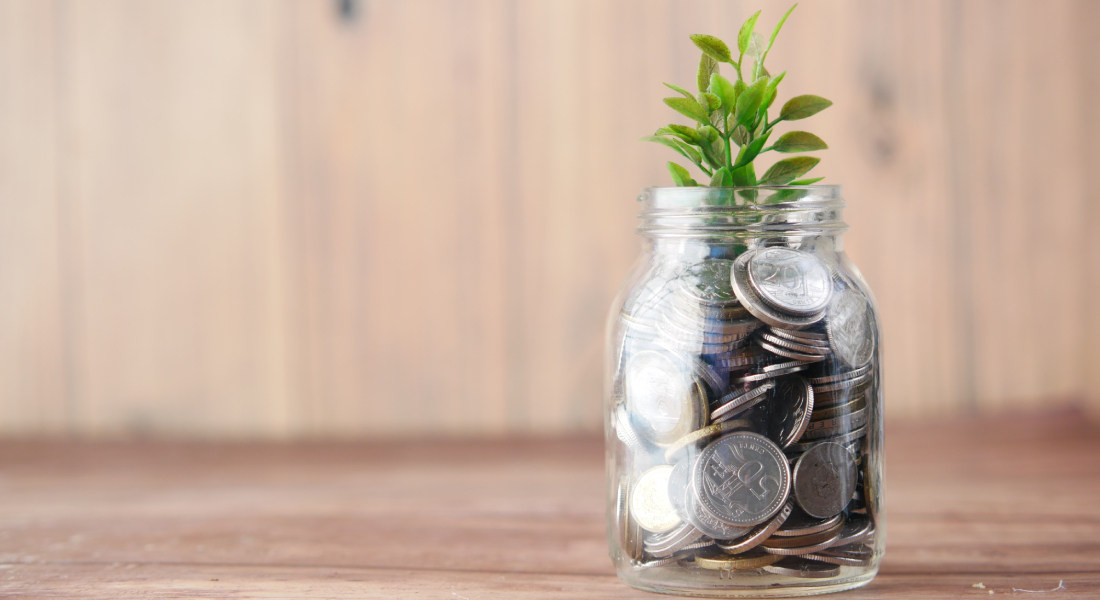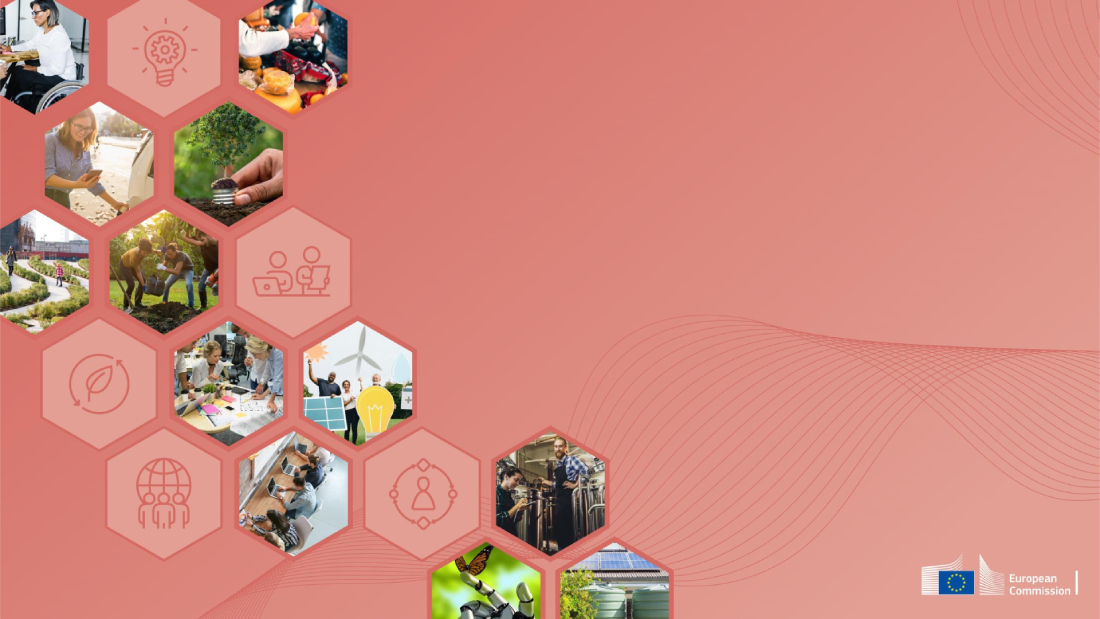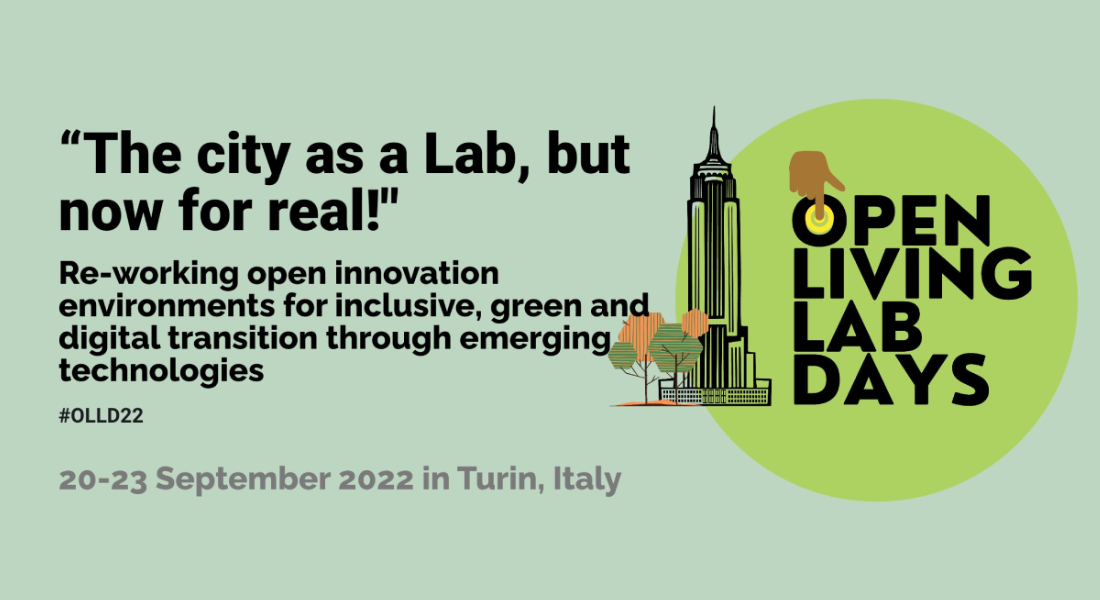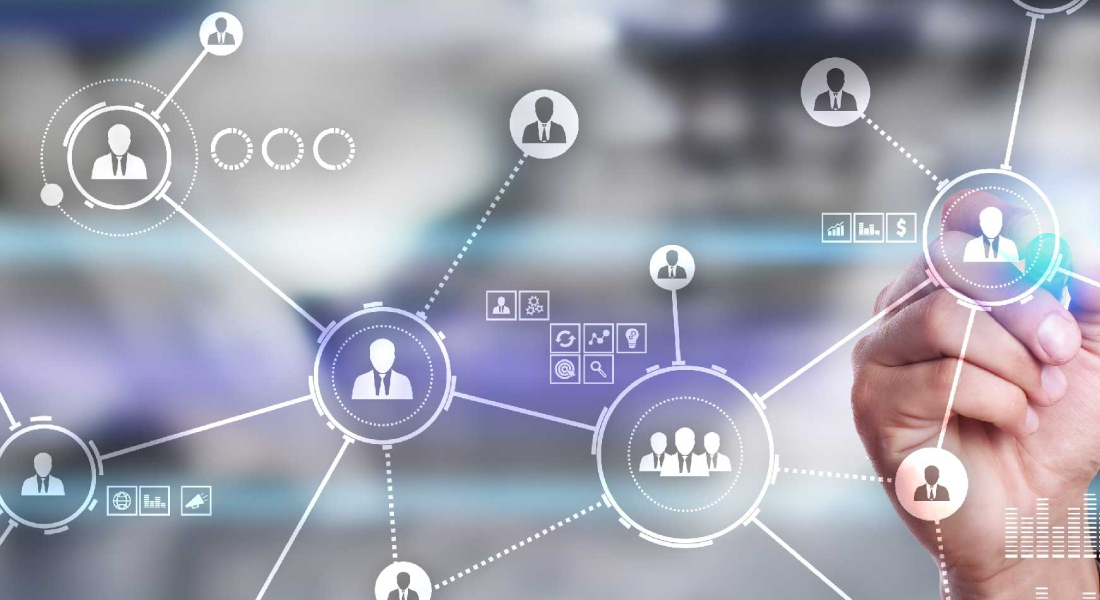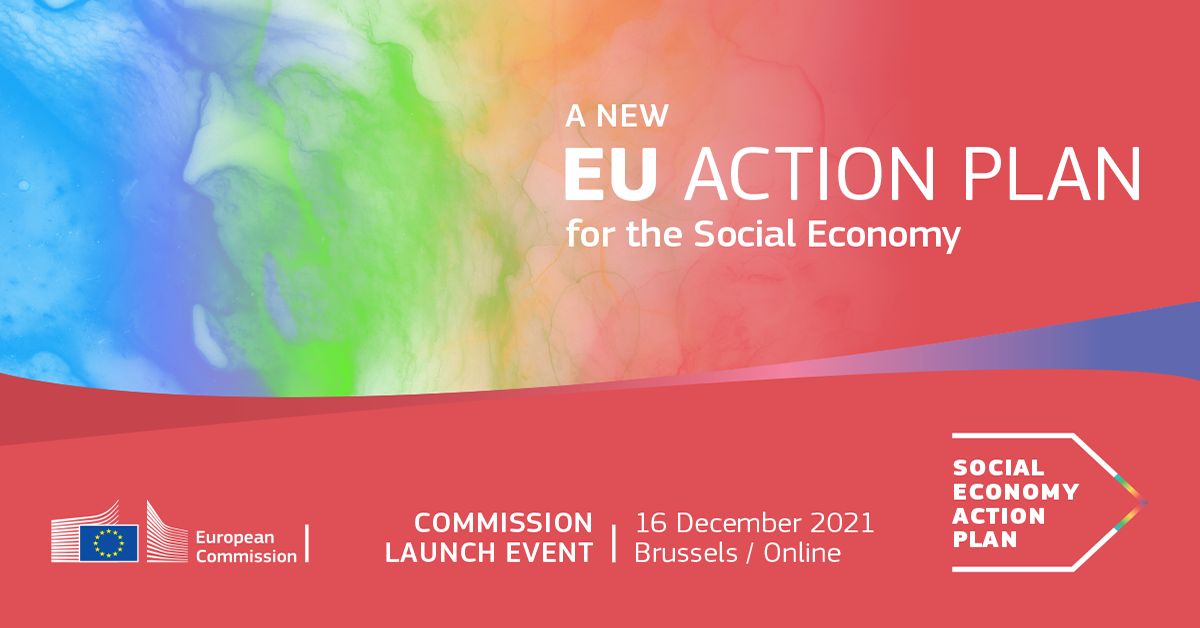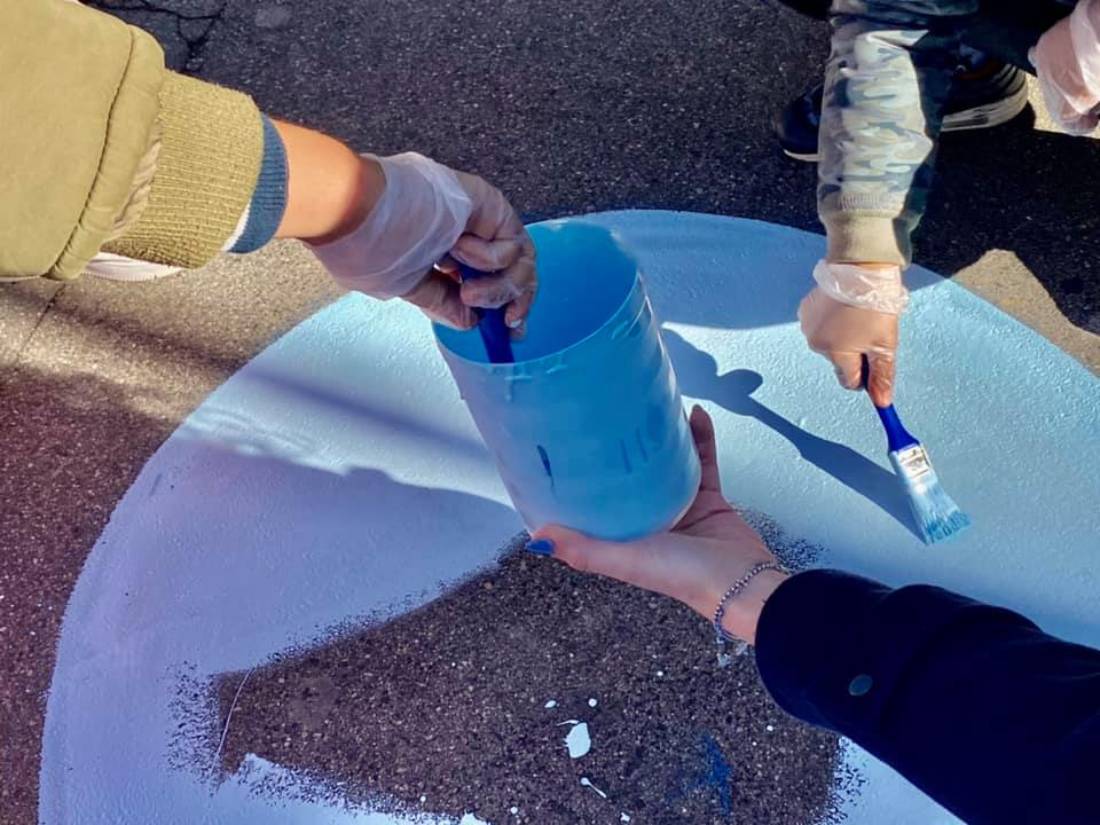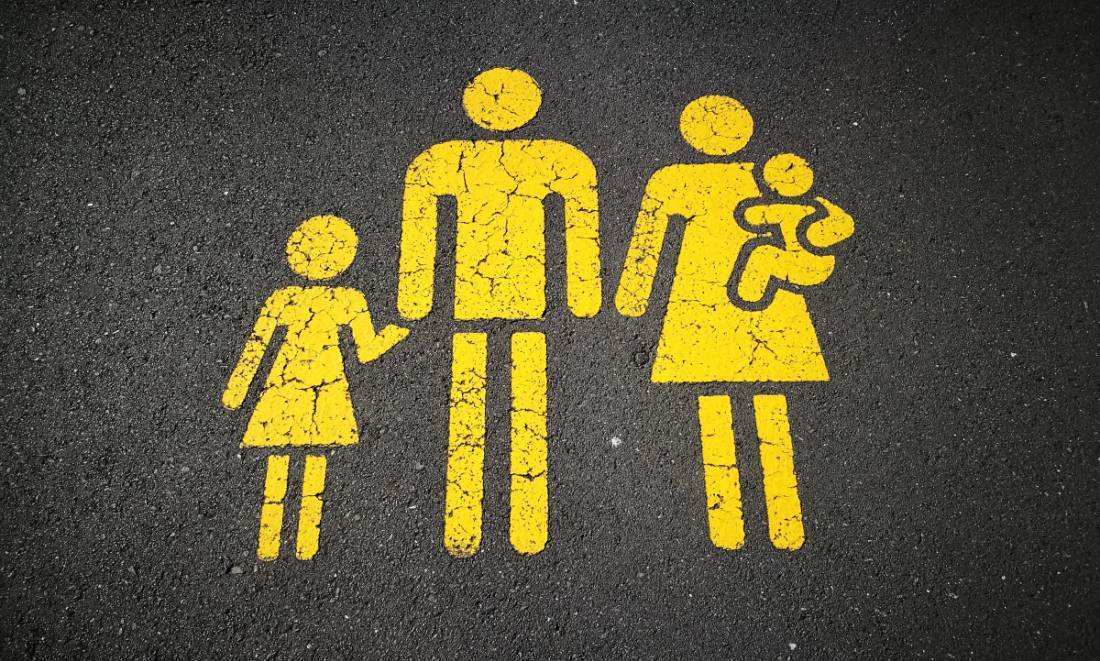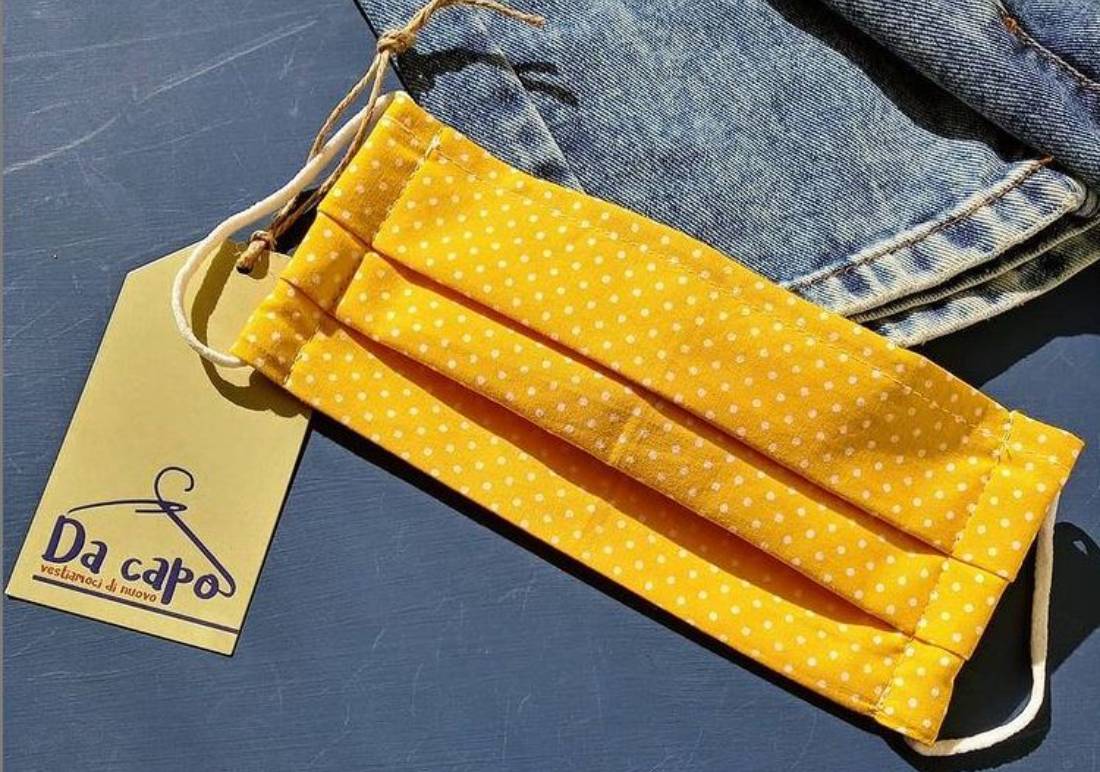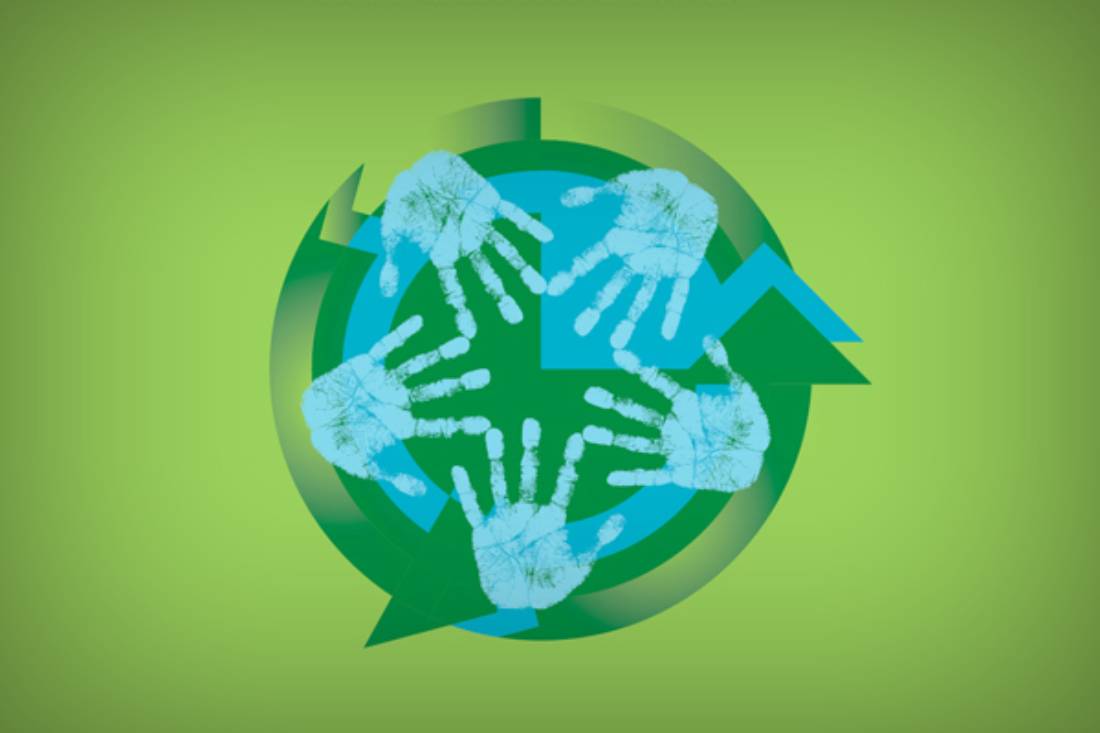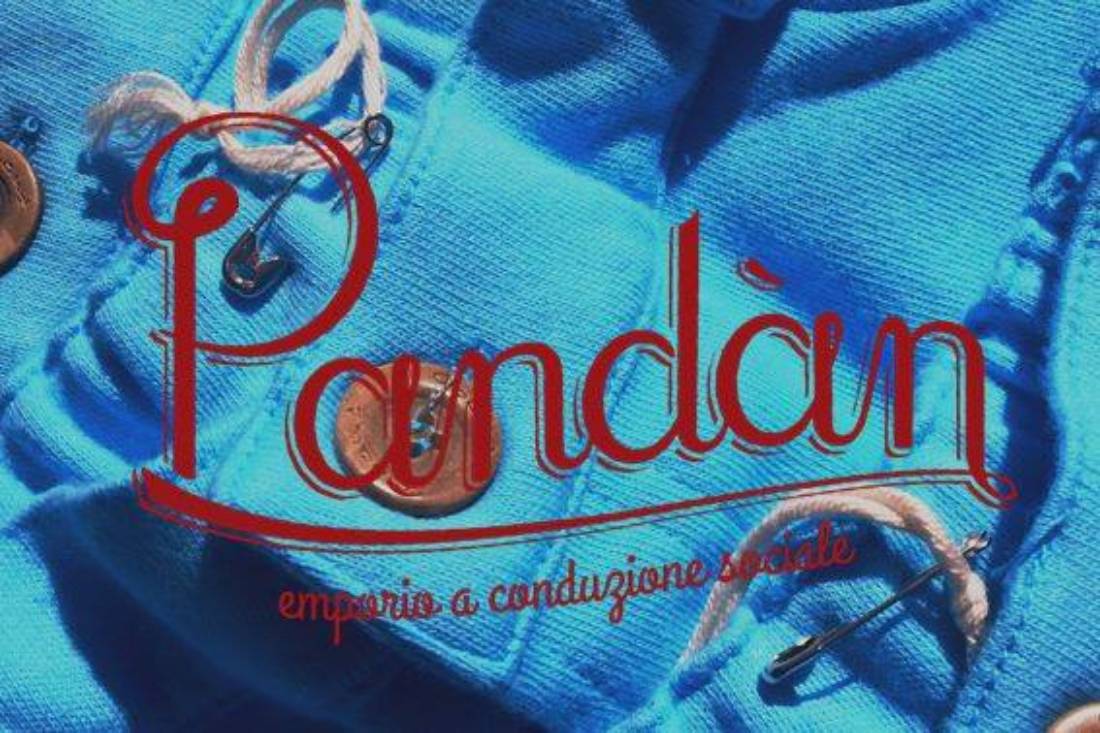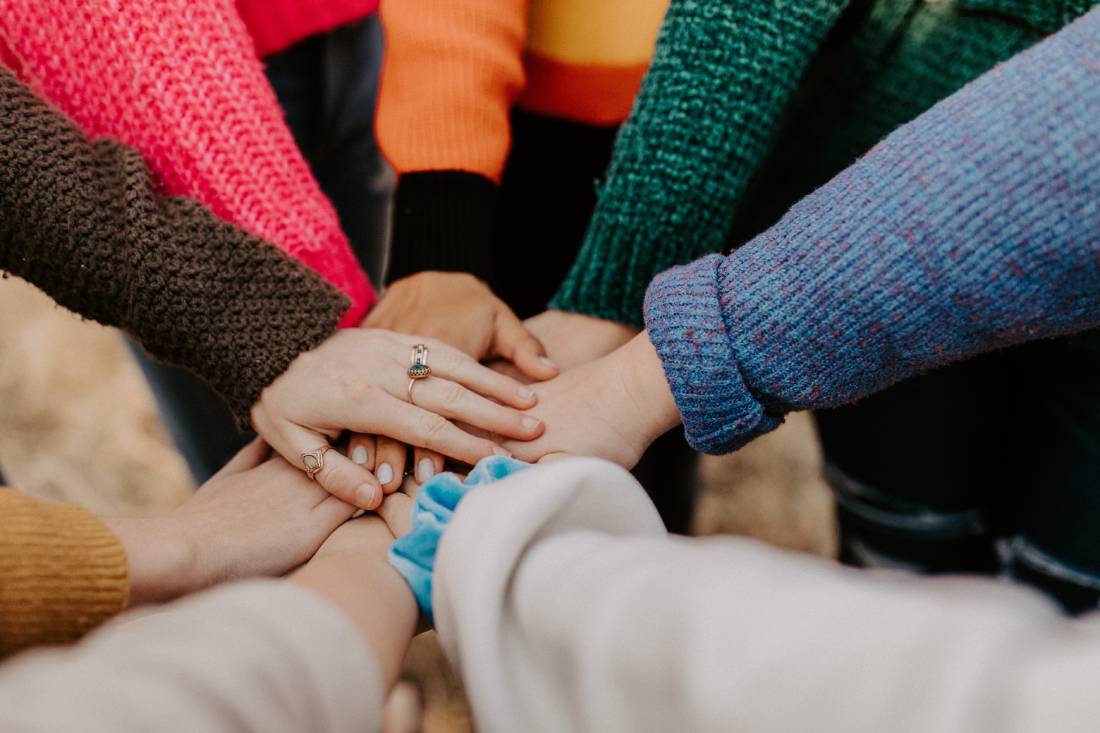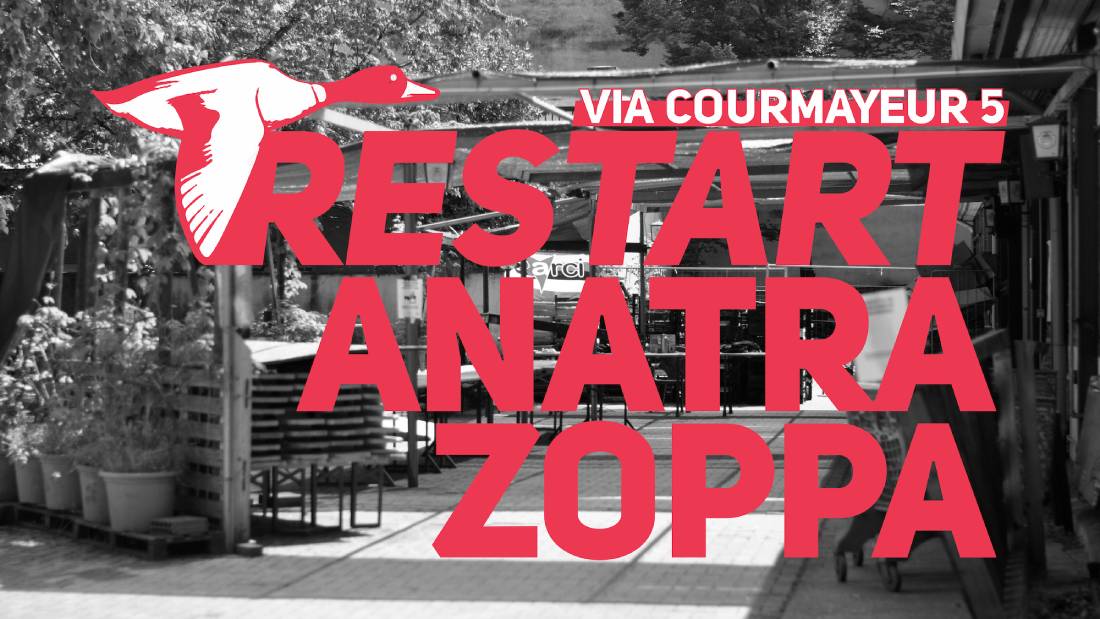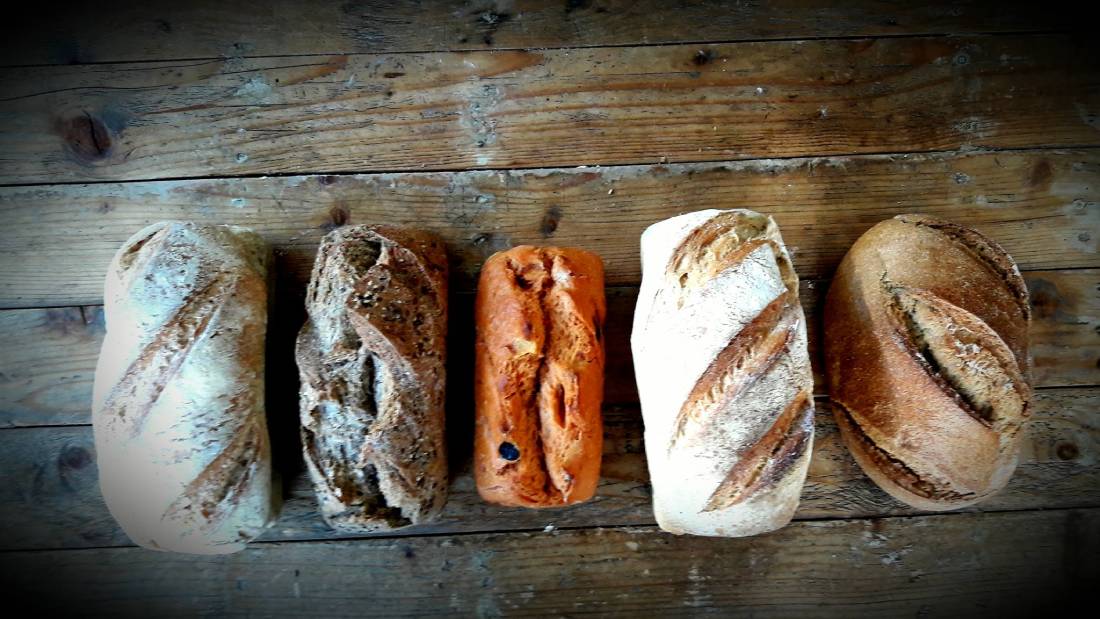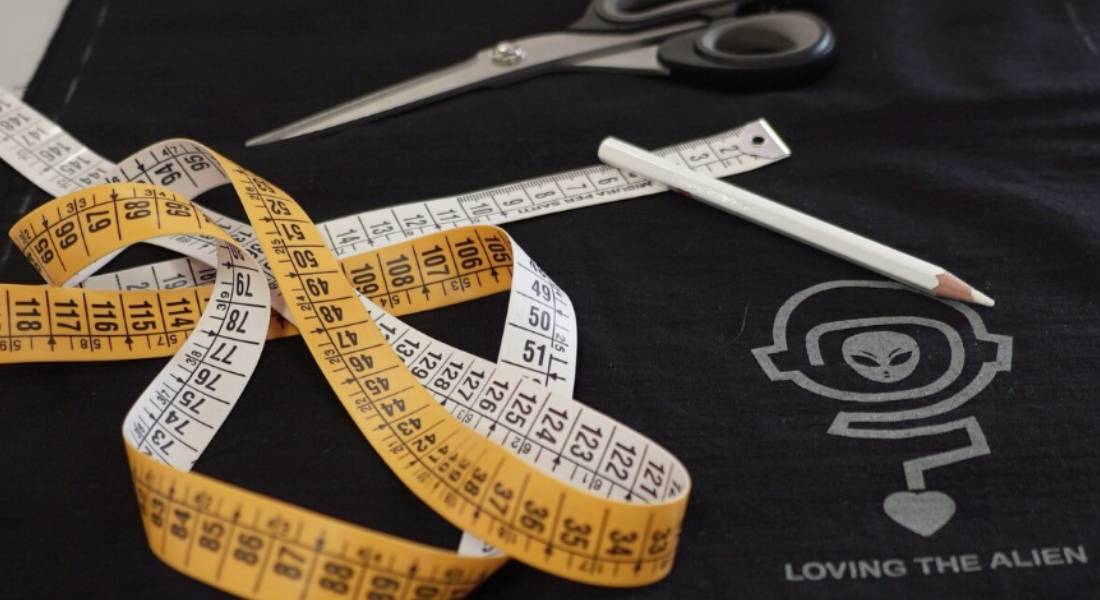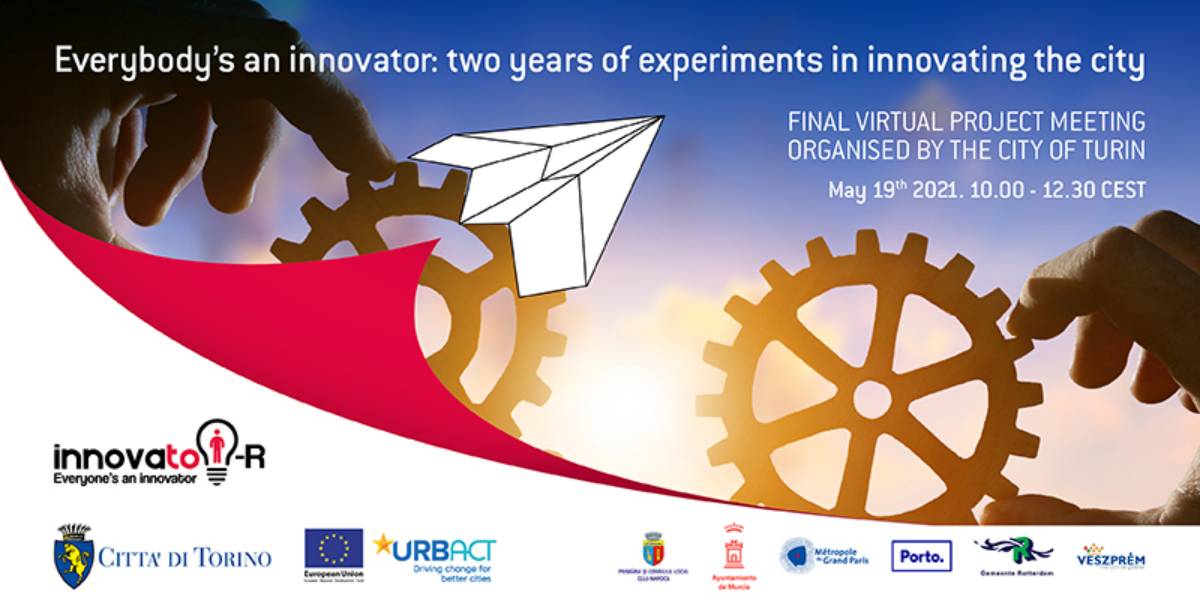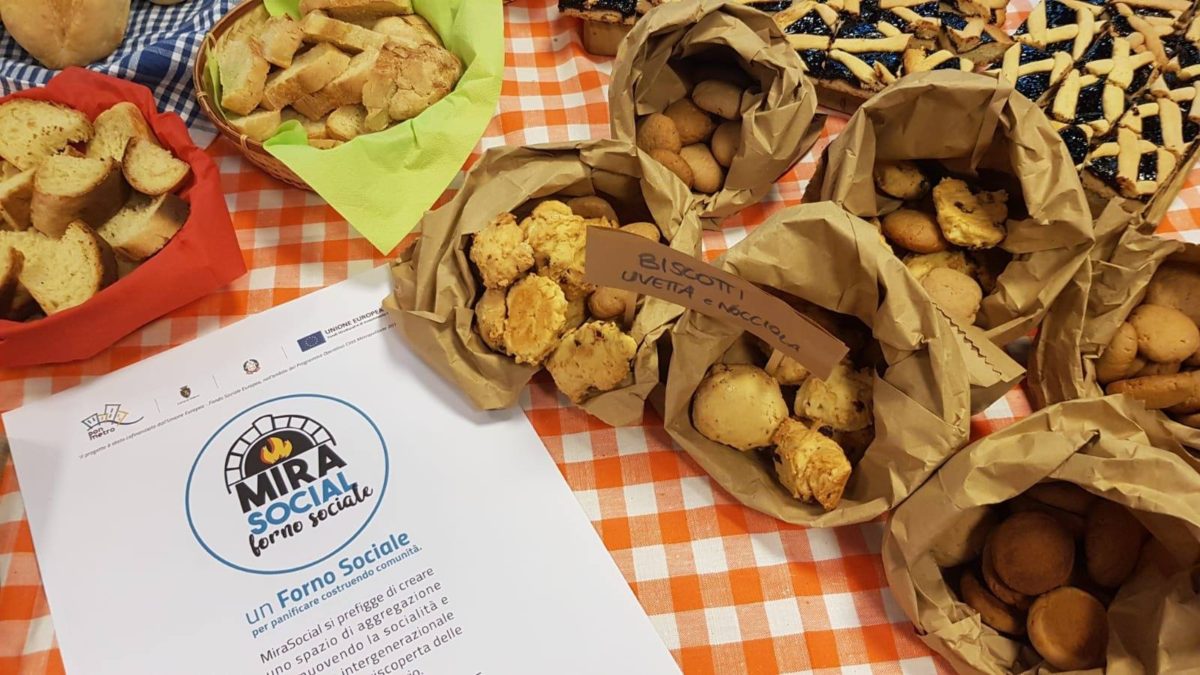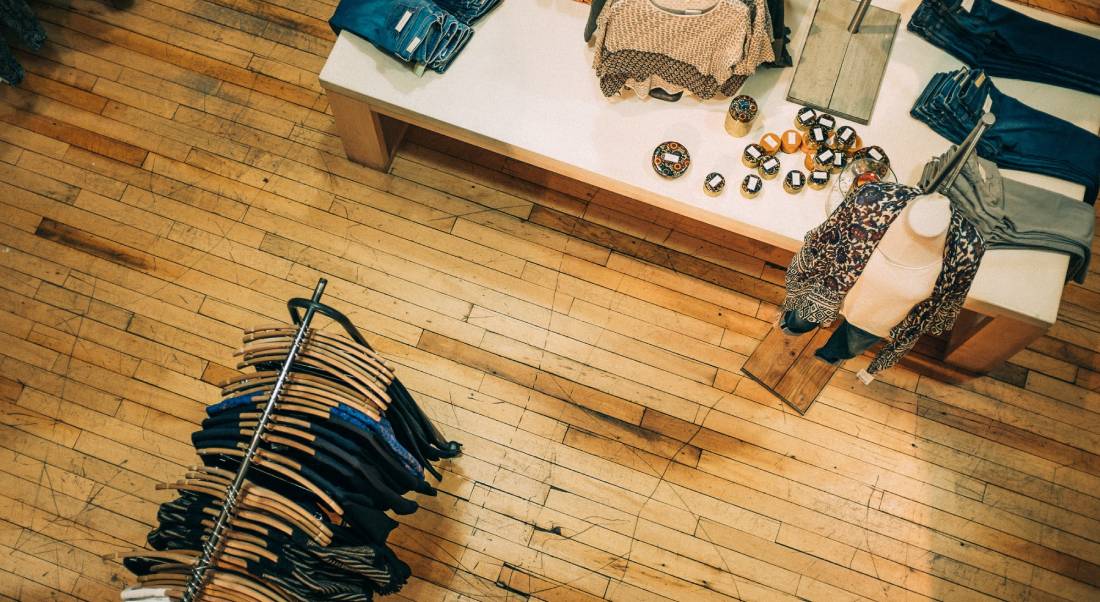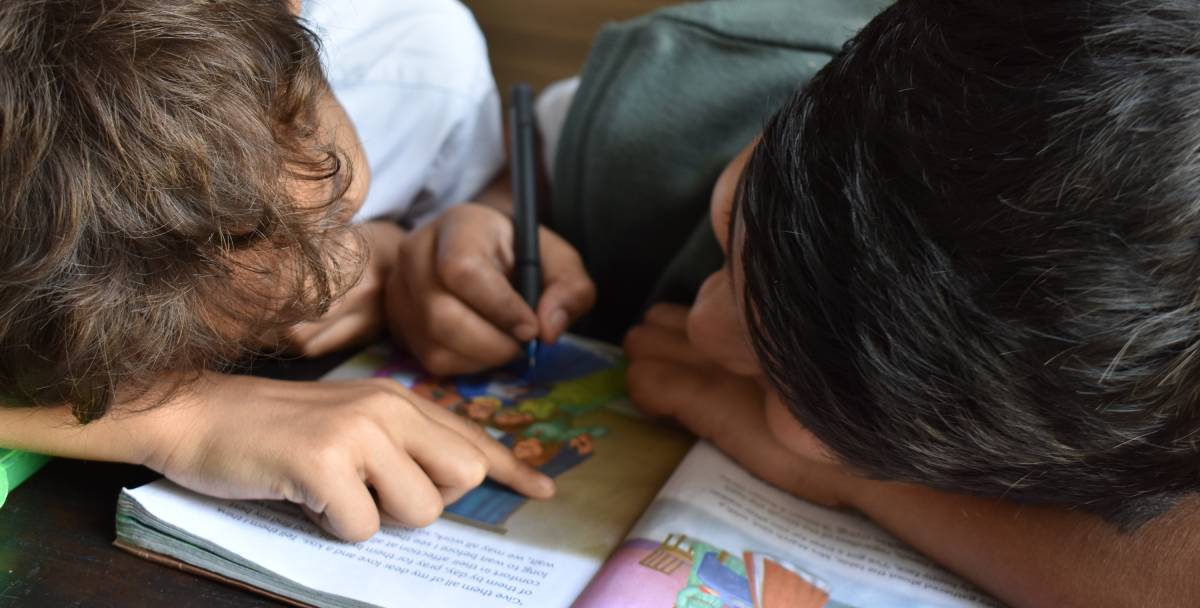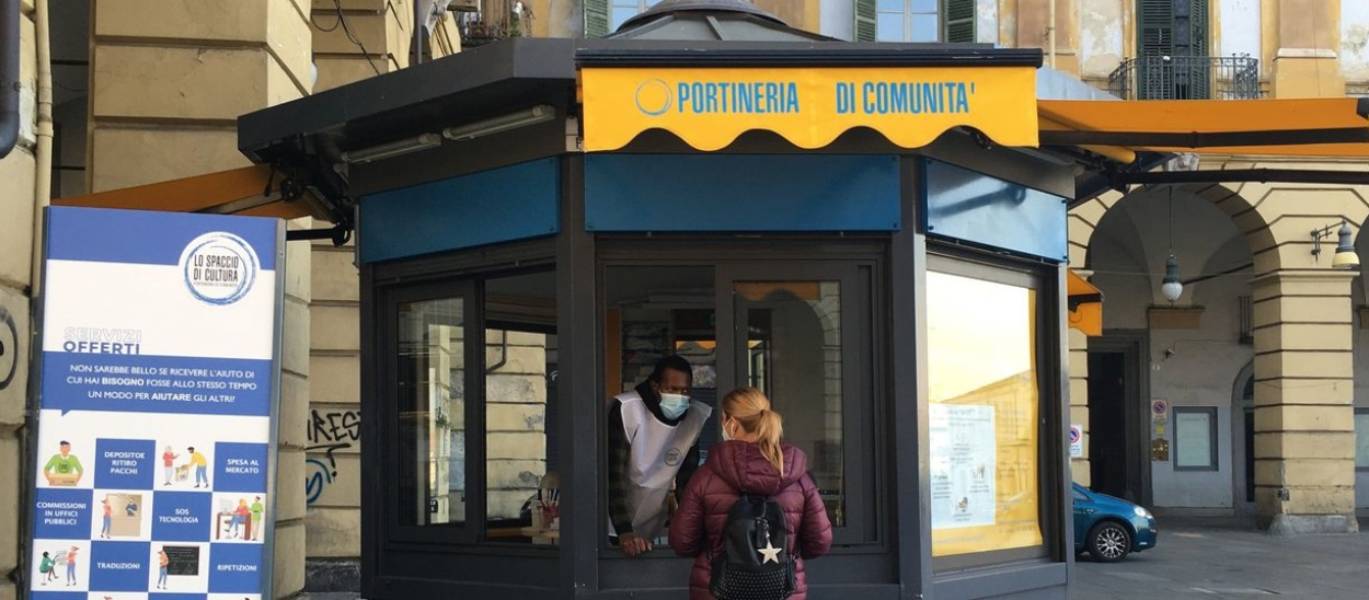Over 250 residents involved, 120 young people “brought back” to DAD, an international recognition: these are some results of the Spaccio di Cultura one year after opening.
Initially started with the name of project Biagio, mainly aimed at listening and assistance to people at risk of social exclusion – the Biagi precisely -, thanks to the thrust and energy of the promoter, or the ITALIAN NETWORK OF POPULAR CULTURE, and its director Antonio Damasco, together with the collaboration with “NES Nessuno è straniero” and “Ufficio Pastorale Migranti”, the project has been realized in the Spaccio di Cultura – Portineria di Comunità.
The design of the initiative began at the end of 2018 through various instruments of listening and activation of communities, with specific meetings with the social actors of the place (Porta Palazzo, Aurora, Quadrilatero and Borgo Dora). The main detection tool was the Portale dei Saperi , where the narratives of over 250 dialogues with residents, traders, artisans, small and large businesses, Third Sector were inserted. These meetings were intended to collect the stories of the people who gravitate around the Concierge.
The initiative then found its physical location and its symbol in the former newsstand, now in disuse, taken and renovated and made beautiful, in the square of the most important multicultural market in Turin, at the corner of Via Milano and the exedra of Piazza della Repubblica and they called it the Spaccio di cultura, because the route is primarily cultural.
Culture is the table to which the rules of sharing can be played and which better square if not that of the history of immigration of this city: Piazza della Repubblica>>, Antonio Damasco, Director Network of Popular Culture.
During the Covid-19 pandemic (first lockdown 2020), the Concierge of Community promoted the first services related to the needs of daily life, dealing mainly with the supply of basic necessities such as medicines to people who had no means or possibilities.
Special attention was paid to children: along with some schools a project was built against the school leaving. In fact, more than 120 young people were mapped who no longer connected to DAD and managed to recover 70, who were involved in a Web Radio editorial staff. From then on, they moved closer to the studio thanks to the volunteer activity of many professors.
In October 2020 the European Social Fund website reported Lo Spaccio di Cultura – Portineria di Comunità di Torino as a good practice of innovation and social cohesion at European level, an important result brought home by the project.
In addition, the Spaccio di Cultura has not forgotten its first vocation towards people at risk of social exclusion and in January 2021 the faces of the migrants of the former Moi entered the project dealing with becoming the traveling concierge, with the informal group Ctrl Community and the City of Turin with which it was stipulated the collaboration pact for the management of common goods.
Today the concierge is a place to ask for any kind of service from the reception of packages to the translation of texts in various languages, from cleaning to craft repairs, to get to technological support services, practical processing and babysitting, but at the same time it is a relational place to build a community of proximity.
Watch the video of the project to learn more
The Spaccio di Cultura – Portineria di Comunità is part of the 15 projects of generative welfare of Turin Social Factory program of the City of Turin, co-funded by the National Operational Program Metropolitan City and the European Union, European Social Fund, made within the framework of Torino Social Impact.
For more information on the Torino Social Factory program and the other 14 projects that are part of it, go to this link.


